The evolution of Bill Simmons
If Simmons is no longer The Sports Guy, who is he?


A free daily email with the biggest news stories of the day – and the best features from TheWeek.com
You are now subscribed
Your newsletter sign-up was successful
Bill Simmons is no longer The Sports Guy.
Of course, that's been true in some sense for years, as Simmons transformed from the most famous sportswriter in the country to a professional gabber best known for his podcast and two-year stint on NBA Countdown, and as an editorial manager with an extraordinary eye for talent. In four years at the helm of the now-defunct Grantland, Simmons hired America's best film critic (Wesley Morris) and best basketball writer (Zach Lowe) — not to mention a gaggle of correspondents of such superior talents (Molly Lambert! Brian Phillips! Rembert Browne!) that reading their work, as a fellow writer, can invite an existential crisis.
In this sense, Simmons' partnership with HBO, the standard-bearer for "prestige TV" since the days of The Sopranos, is an extension of the reputation he built in his final years at ESPN — where, in addition to founding Grantland, he co-created 30 for 30, the docuseries that brought the bold-faced names of independent American cinema (Albert Maysles, Ava DuVernay, John Singleton, Ryan Fleck) to the same network as Monday Night Football. But the debut tonight of Simmons' weekly talk show, Any Given Wednesday — not to mention HBO's minority stake in the Bill Simmons Media Group, home to his eponymous podcast and his new website, The Ringer — also signals a new stage in a much longer evolution.
The Week
Escape your echo chamber. Get the facts behind the news, plus analysis from multiple perspectives.

Sign up for The Week's Free Newsletters
From our morning news briefing to a weekly Good News Newsletter, get the best of The Week delivered directly to your inbox.
From our morning news briefing to a weekly Good News Newsletter, get the best of The Week delivered directly to your inbox.
The question is, if Bill Simmons is no longer The Sports Guy, who is he?
In his popular column, which originated at AOL's Digital City Boston before moving to ESPN in 2001, Simmons developed the distinctive voice of sportswriting's digital age, abandoning box scores and coaches' stratagems for densely allusive rambles that acknowledged sports' place in, and as, popular culture. (One early "Mailbag" column covered, among other topics, Bud Collins and NBC's "Breakfast at Wimbledon" theme music; Caddyshack and the 14-club rule; Miami Vice; Isaiah Thomas' exclusion from the 1992 U.S. Olympic basketball team; and the E! True Hollywood Story on Beverly Hills 90210.) The result was writing that mimicked the sound of scraping barstools and sniping across the beer pong table — raw, opinionated, and funny (in a fratty way). At a time when people talked about whether they'd have a beer with one or another presidential candidate, Simmons was the famous guy who most guys I knew actually wanted to have a beer with.
Simmons recognized that fandom itself is a form of entertainment, that the theories, agonies, ecstasies, insults, and arguments that accompany sports — or, for that matter, music, movies, TV, and comic books — are as fundamental to the experience as touchdowns and shot clocks, face-offs and strikeouts. Even now, more than a decade later, Simmons' column on "The Snow Game" summons what can only be described as sense memories: The thrum of the end zone at the old Foxboro Stadium; the feel of fresh snow in a New England winter; the taste of Budweiser and buffalo wings on Sunday afternoons. His knowledge neared encyclopedic levels, his scattershot thoughts defied conventional wisdom, and Simmons became The Sports Guy because he understood the fellowship of fans.
That Simmons no longer musters the same magic has been the most disappointing, if inevitable, consequence of his success. He has learned, in the manner of executives and editors-in-chief since time immemorial, to delegate, and The Ringer, if not yet "the new Grantland," has loads of terrific reporters, critics, and commentators in its employ. But the man himself is now closer kin to the subjects of his column, the athletes and celebrities, than he is to its readers, the fans. After hobnobbing on The Bill Simmons Podcast with Michael B. Jordan, David Duchovny, and Louis C.K., bantering with his college buddies JackO and Joe House to discuss Deflategate and the NBA trade deadline suggests at least a whiff of affectation.
A free daily email with the biggest news stories of the day – and the best features from TheWeek.com
The issue is not that Simmons has created a public persona. Anyone with a Facebook page, Twitter handle, or Instagram account is, at some level, performing for an audience. And for the famous, cultivating a "personal brand" is a path to profit and a form of self-protection. The issue is that the "Bill Simmons" of HBO's "I Believe" spots is meant to be the same "snarky asshole" with a strong point of view as the Bill Simmons firing spitballs from Page 2. But he comes off instead as a smug, calculated contrarian, a human content farm for hot takes. Simmons made his name by being, or least seeming, "authentic." The Regular Joe with the media empire and the multimillion-dollar contract is not the role he was born to play.
None of that is to say Simmons' evolution from Sports Guy to star is bad. He's carved out a much-needed space for idiosyncratic, artful sports journalism and cultural criticism, first at Grantland and 30 for 30 and now at The Ringer. We're all better for it. Along the way, though, Simmons has lost something.
As a columnist, Simmons seemed to be writing to us as much as he was writing for us. His column was an ongoing correspondence among fans. Now he's made us into mere flies on the wall, hoping to catch a few crumbs of wisdom from his shaggy, strangely enervating exchanges with Malcolm Gladwell or Chuck Klosterman, despite the occasional three-minute tangent on the weather in Winnipeg. And for all the elbows Simmons and JackO throw at sports talk radio, that's more or less what The Bill Simmons Podcast sounds like. HBO's advertisements for Any Given Wednesday are simply the logical end point of the metamorphosis: Opinion decoupled from argument, the conversation replaced by a sermon.
More self-important than self-aware, more cliquish than convivial, this is Simmons with the blinders on, and in the context of his increasing clout, it's a development not without consequence. For instance, in the first 106 episodes of his podcast, Simmons has had women on a mere seven times; the first guests scheduled for his TV show are Charles Barkley and Ben Affleck. If Any Given Wednesday is to be as essential to the discussion of sports, culture, and technology as John Oliver's Last Week Tonight has been to politics and policymaking, Simmons can't see the creative freedom he's long craved as license to throw a semi-permanent sausage party. There's nothing novel in navel-gazing.
We might, of course, have seen this coming. By the time he welcomed us to Grantland in 2011, Simmons' point of reference was not the smell of piss at the old Foxboro Stadium, but the scent of "stale champagne" on the road home to Hollywood, the perspective not of the fan but of the star, evolving, by degrees, out of our grasp. No one can fault Simmons for seizing the opportunities he earned in his stint as The Sports Guy, but neither can one dismiss the suspicion that fame has spoiled the distinctive relationship he once forged with his audience, sitting side-by-side at the bar. As an astute observer once said of Entourage, which follows a nobody from the Northeast and his closest buddies on the rise to prominence on the West Coast:
In every episode, [Jeremy] Piven's agent inadvertently demonstrates how the show squandered a rare chance — they could have parodied celebrities and posses in the same vicious way. Instead, they chose to glorify them — there's the cool house, the fancy cars, the celeb cameos, the kickin' theme song, and every show seems to end with them sitting or standing together, gazing out to an ocean or a skyline. We get it, we get it. They're living the life. The kids from Queens made it. [ESPN]
The writer? Bill Simmons.
Any Given Wednesday premieres Wednesday, June 22 at 10 p.m. ET on HBO.
Matt Brennan is a film and television critic whose writing has appeared in LA Weekly, Indiewire, Slant Magazine, The Week, Deadspin, Flavorwire, and Slate, among other publications. He lives in New Orleans and tweets about what he's watching @thefilmgoer.
-
 6 of the world’s most accessible destinations
6 of the world’s most accessible destinationsThe Week Recommends Experience all of Berlin, Singapore and Sydney
-
 How the FCC’s ‘equal time’ rule works
How the FCC’s ‘equal time’ rule worksIn the Spotlight The law is at the heart of the Colbert-CBS conflict
-
 What is the endgame in the DHS shutdown?
What is the endgame in the DHS shutdown?Today’s Big Question Democrats want to rein in ICE’s immigration crackdown
-
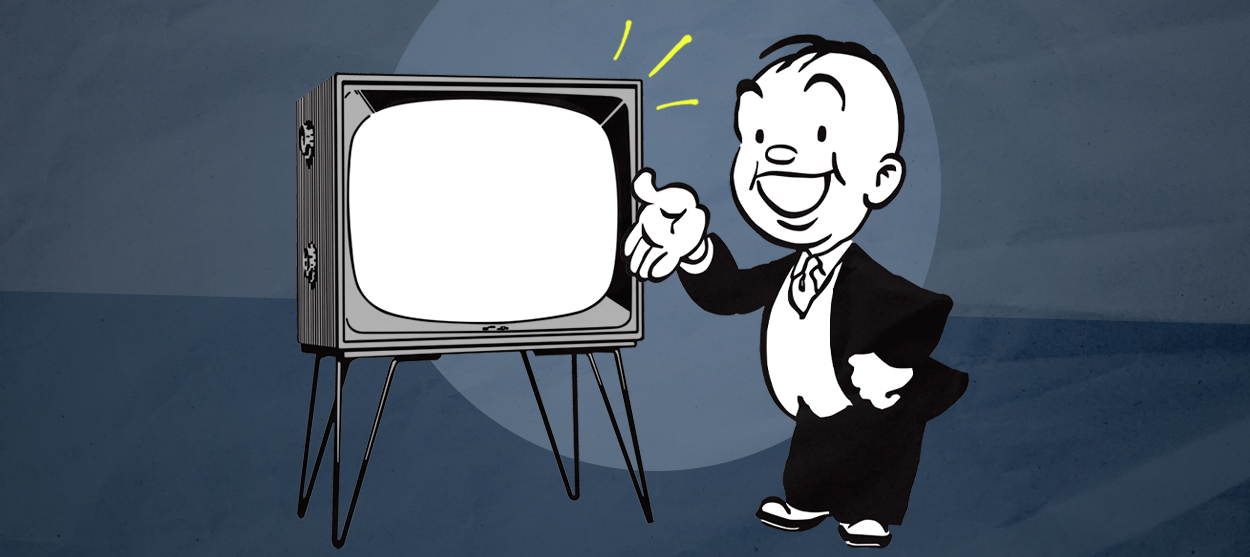 The hottest Super Bowl ad trend? Not running an ad.
The hottest Super Bowl ad trend? Not running an ad.The Explainer The big game will showcase a variety of savvy — or cynical? — pandemic PR strategies
-
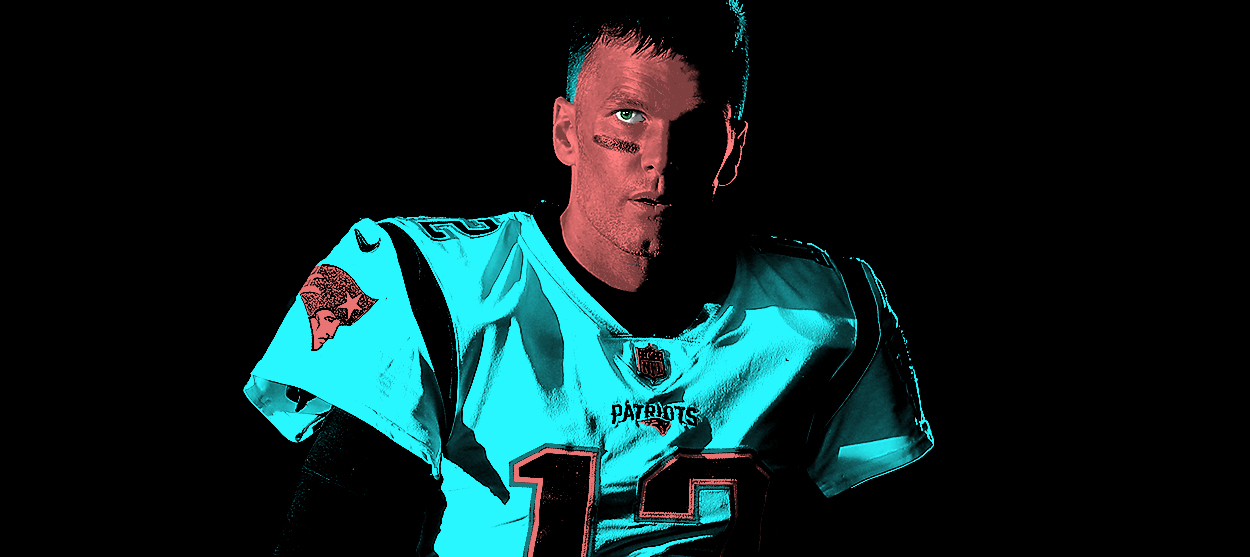 Tom Brady bet on himself. So did Bill Belichick.
Tom Brady bet on himself. So did Bill Belichick.The Explainer How to make sense of the Boston massacre
-
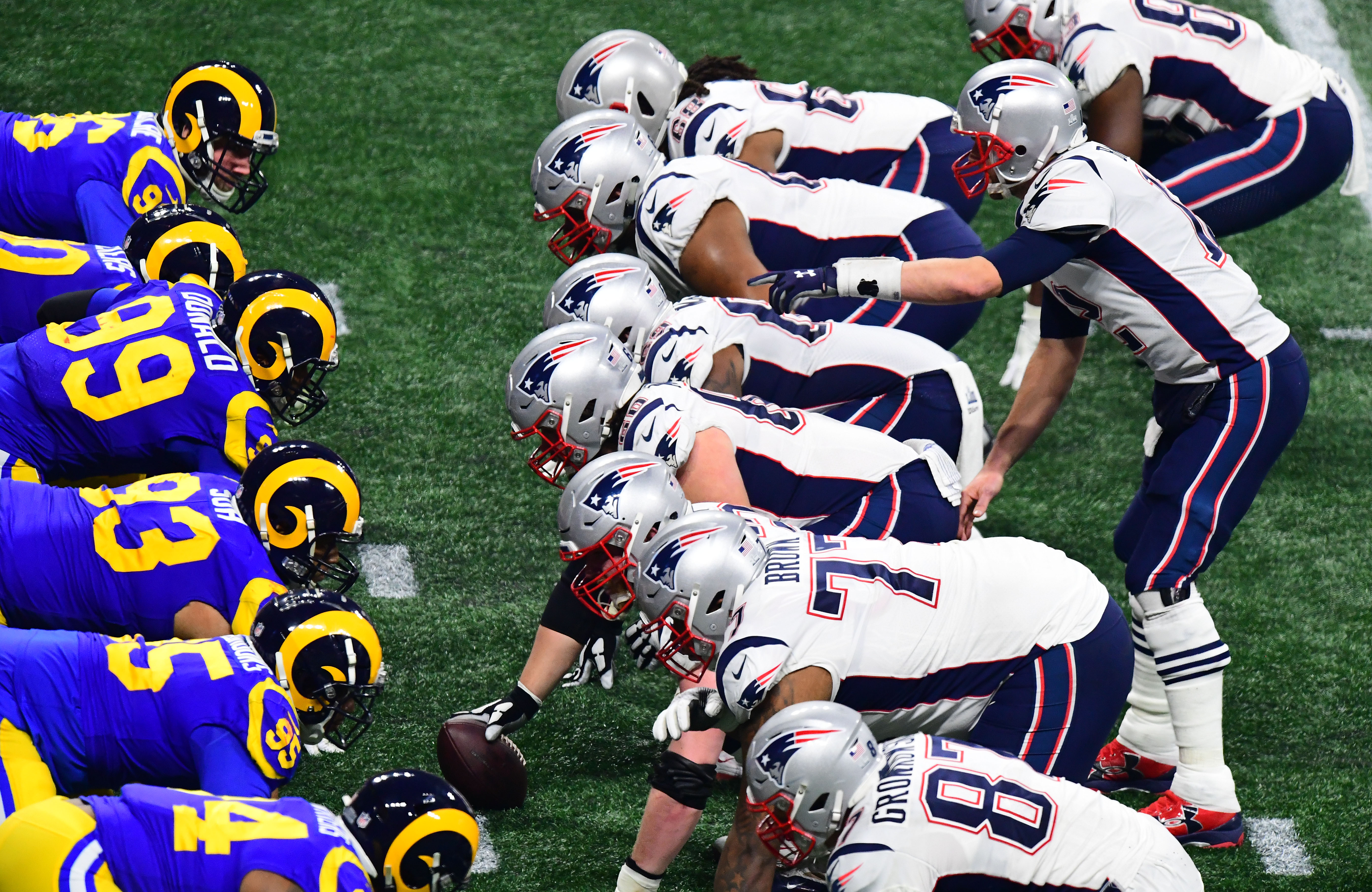 The 13 most exciting moments of Super Bowl LIII
The 13 most exciting moments of Super Bowl LIIIThe Explainer Most boring Super Bowl ... ever?
-
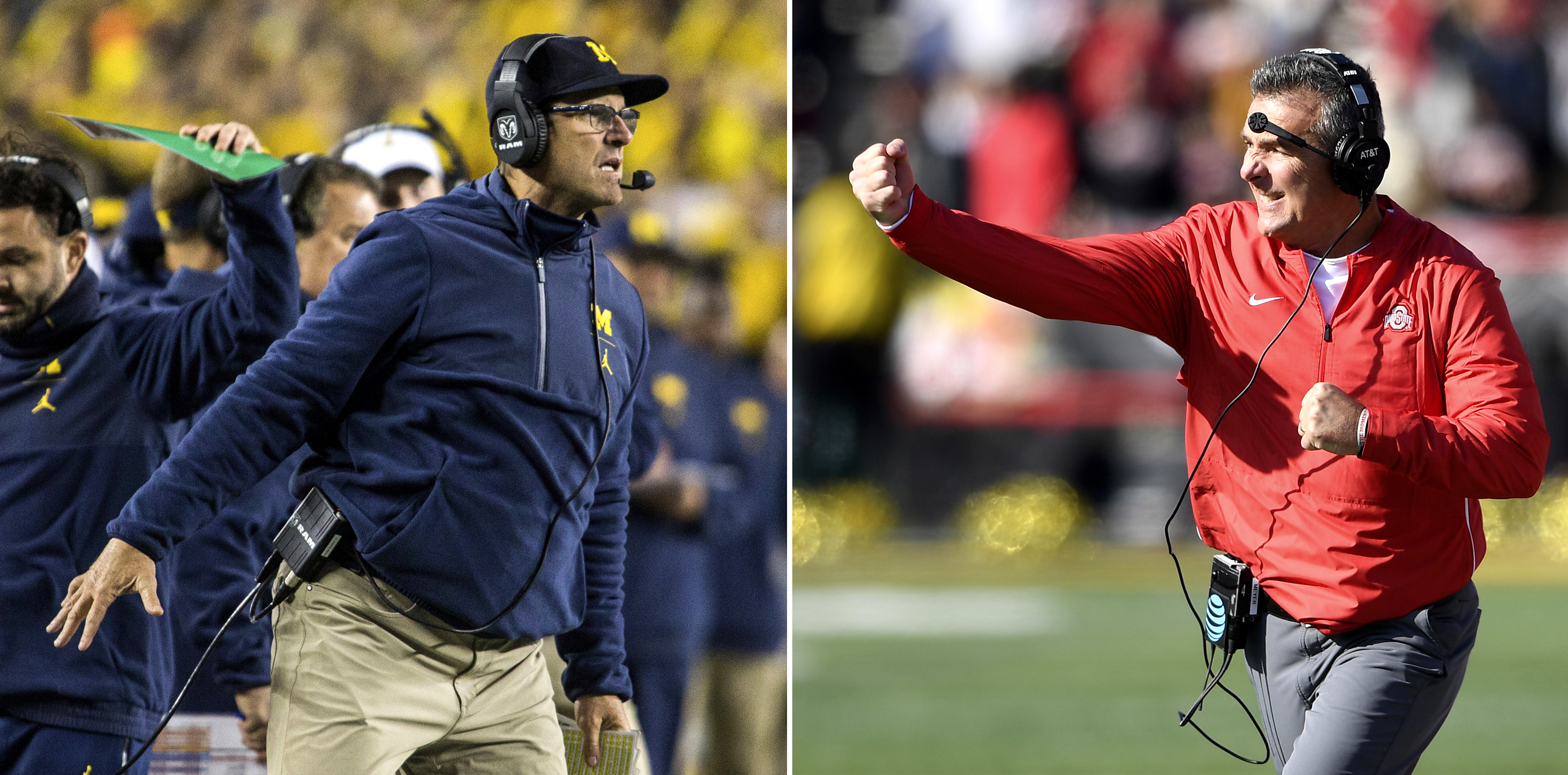 The enduring appeal of Michigan vs. Ohio State
The enduring appeal of Michigan vs. Ohio StateThe Explainer I and millions of other people in these two cold post-industrial states would not miss The Game for anything this side of heaven
-
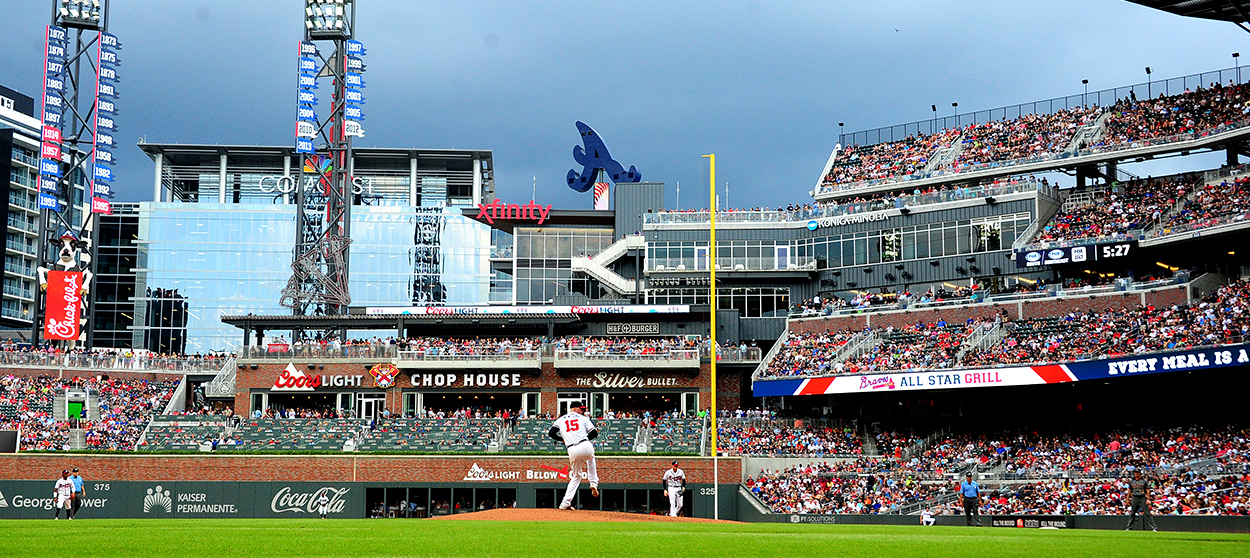 When sports teams fleece taxpayers
When sports teams fleece taxpayersThe Explainer Do taxpayers benefit from spending billions to subsidize sports stadiums? The data suggests otherwise.
-
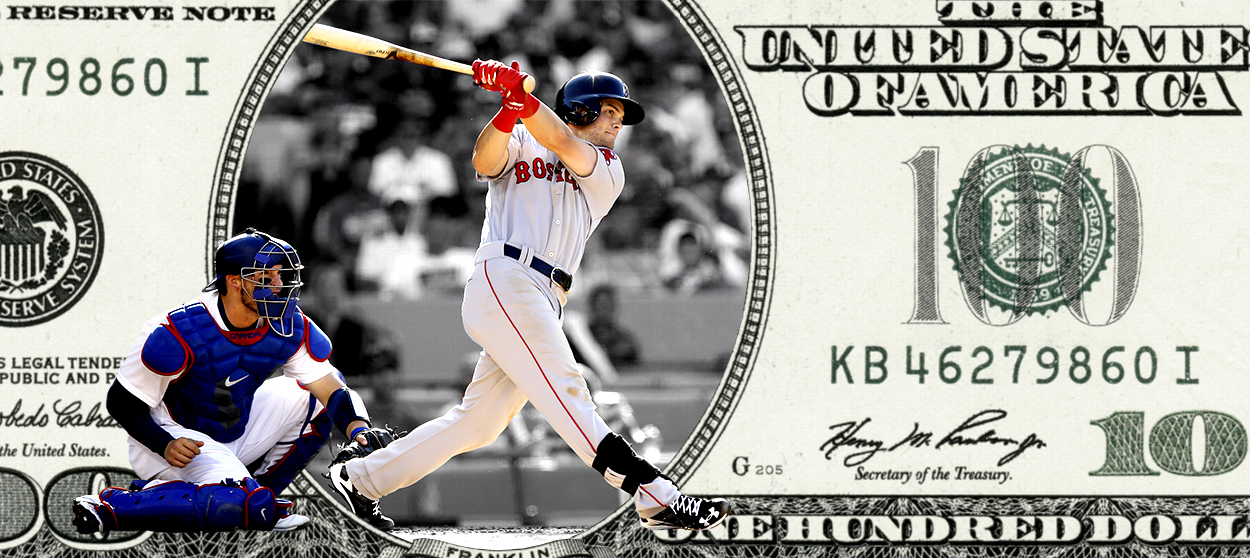 The 2018 World Series is bad for baseball
The 2018 World Series is bad for baseballThe Explainer Boston and L.A.? This stinks.
-
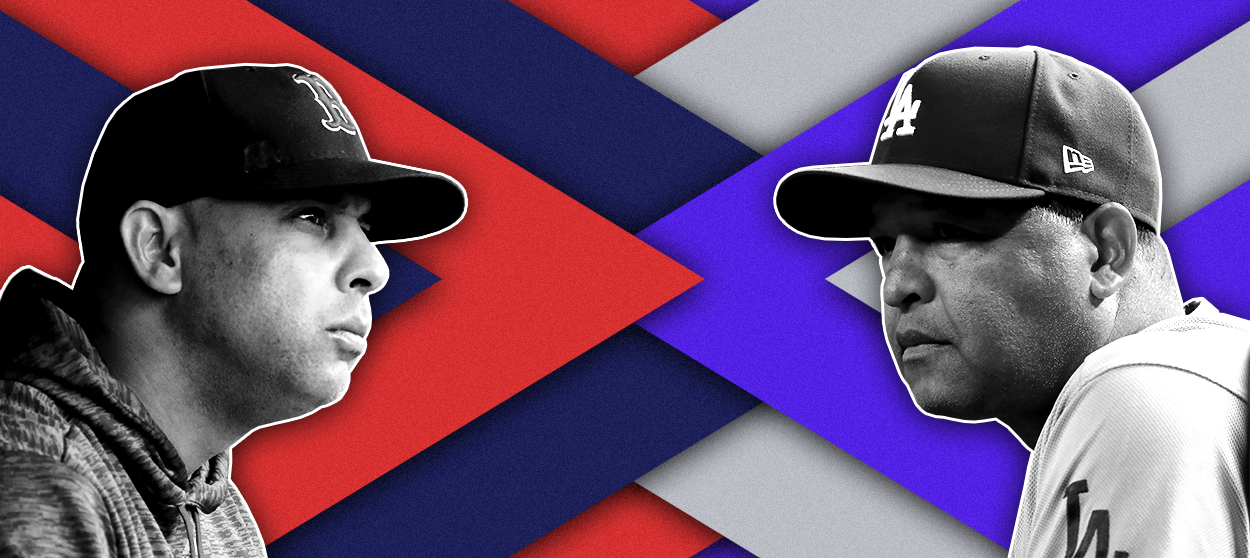 This World Series is all about the managers
This World Series is all about the managersThe Explainer Baseball's top minds face off
-
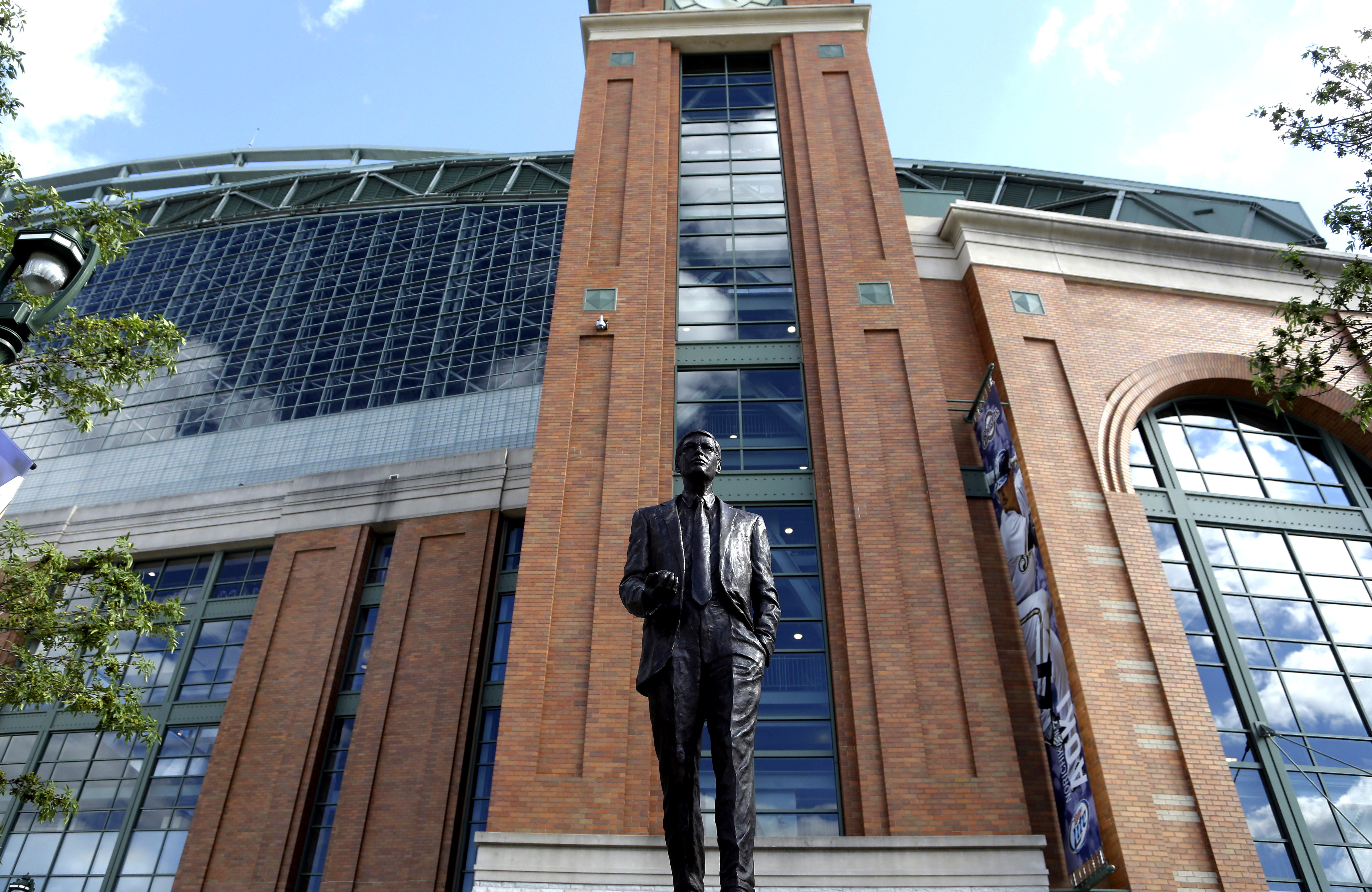 Behold, the Bud Selig experience
Behold, the Bud Selig experienceThe Explainer I visited "The Selig Experience" and all I got was this stupid 3D Bud Selig hologram
